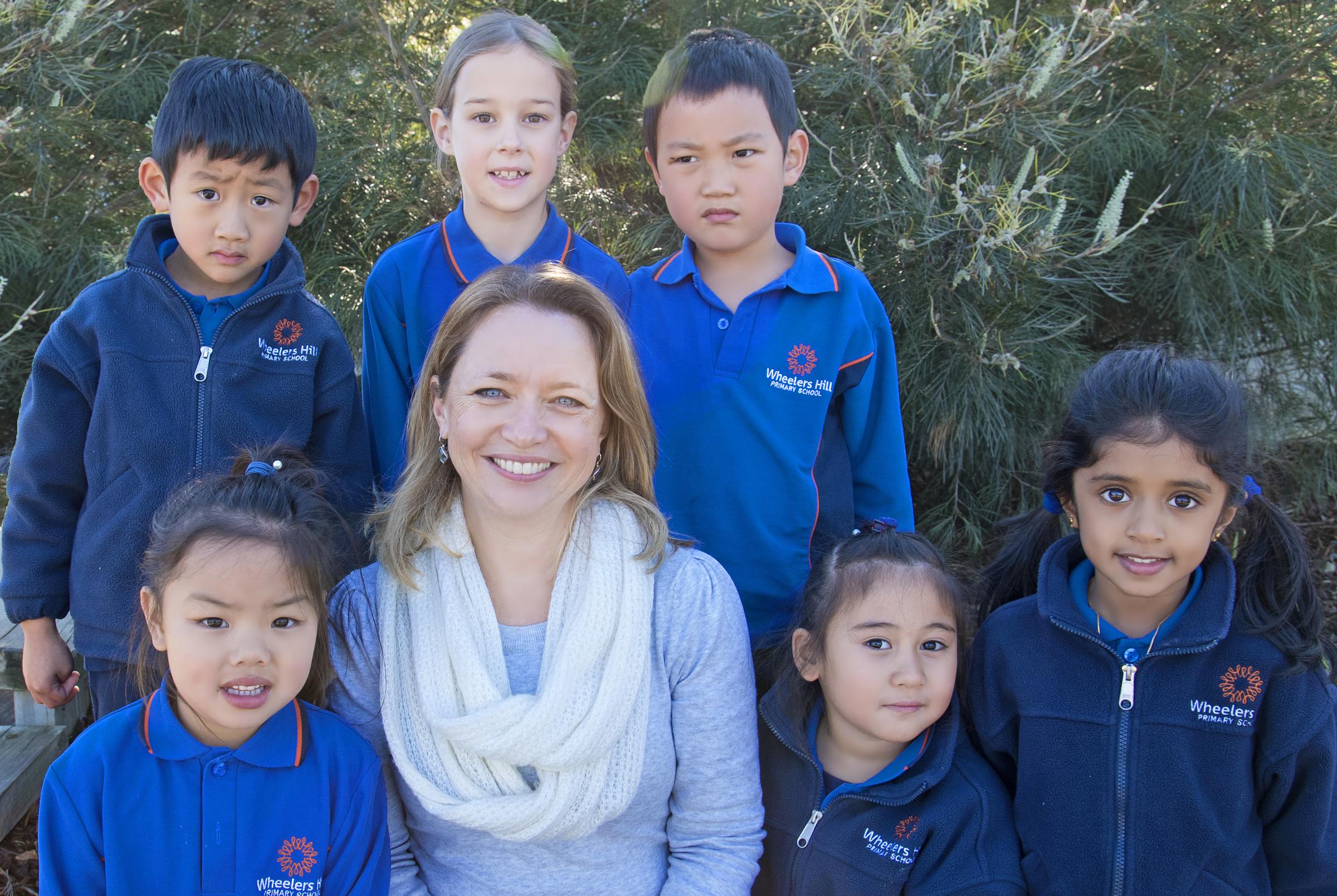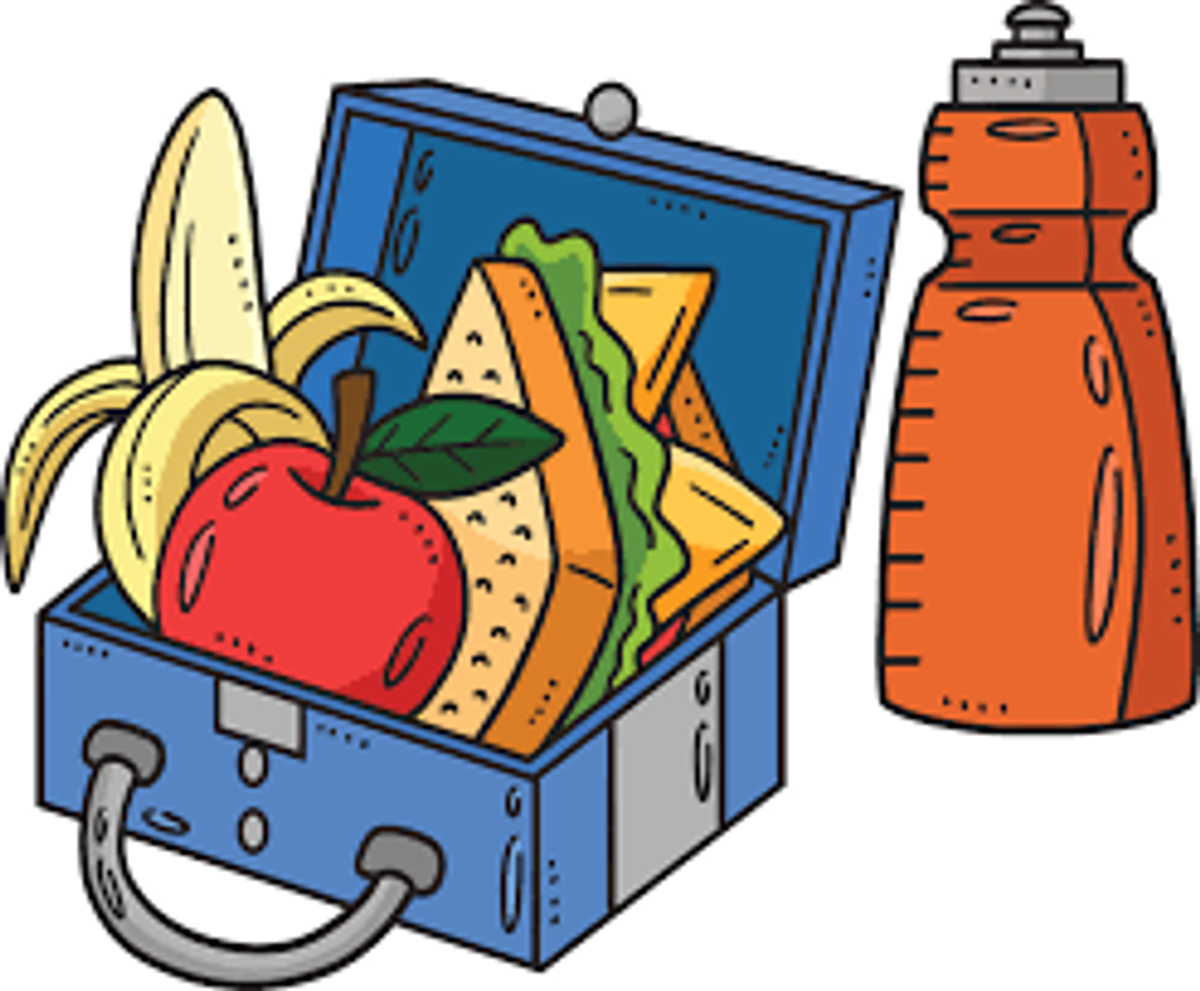Assistant Principal
Katrina Spicer - Wellbeing

Assistant Principal
Katrina Spicer - Wellbeing


From time to time, for a range of reasons, student may forget to bring their lunch to school. Parents are welcome to drop their child's lunch off at the school office, or organise for food to be delivered, but we strongly encourage parents to please send a HEALTHY lunch to school. Fast food options such as McDonalds or KFC are discouraged as they do not provide the necessary nutrition required for an active school student.
Also, this type of food is often cold by the time it is eaten, and the lingering smell is not pleasant for our admin staff. Some quick healthy options for a lunch delivery include sushi or Subway, which can be sent via UberEats.
Don't forget you can place a lunch order via Classroom Cuisine before 8:30am, for a yummy healthy lunch to be delivered directly to your child's classroom. (See info page in this newsletter.)


Symptoms of influenza (flu) can hit very quickly and may last several weeks. Vaccination is the best way to protect yourself and others from getting the flu.
Keeping our school community well
Parents, carers and students are encouraged to practice prevention measures, including:
Flu vaccinations
Flu vaccinations can be booked through GPs and pharmacies, many of which can also provide COVID-19 vaccinations. Flu vaccination is recommended for everyone aged 6 months and over.
Some people are more at risk of complications from flu and are eligible for free vaccination as part of the National Immunisation Program.
COVID-19 booster
The 2024 COVID-19 booster dose is available for everyone aged 18 and above.
Getting your booster dose remains the best way to prevent severe illness or hospitalisation, especially in people aged over 65 and those at higher risk of severe illness.
Children aged between 5 and 17 years who are at risk of severe illness can also receive a 2024 booster dose. You can get your next dose at your local pharmacy or GP. To find one near you, refer to the vaccine clinic finder.
Find out more
For more information about preventing flu, and immunisation, refer to:
Katrina Spicer
Assistant Principal for Wellbeing and Inclusion
katrina.spicer@education.vic.gov.au


FAMILY GOAL SETTING
By Dr Justin Coulson
When I look at people who achieve the most in life, the often have goals.
Why?
Goals energise. Goals create clarity and focus. Goals offer opportunity; things happen to enable success when you set a goal.
But there are some problems with goals.
The first problem is that they won’t necessarily make you happy. Chasing the wrong kinds of goals (extrinsic) versus the right kinds of goals (intrinsic) is a sure-fire way to decrease your happiness, even while achieving the amazing.
The second problem is that goals often feel controlling. Rigid. And when we fail, we feel incompetent, and the self-castigation commences.
The third problem is that many of our goals involve other people. If they’re not ‘buying’ the vision – if they’re not all-in on the goal – not only is the goal unachievable, but relationships rupture.
The fourth problem – and perhaps the most challenging – is that many goals don’t lend themselves to actually being goals. Having a happy family is hard to nail down into the SMART goal formula.
There is no double that goals help us achieve. Evidence overwhelmingly supports this. But success with goal setting, especially in family life, is more about a combination of knowing what you want and then building they system to underpin it.
Three things will sustain success in family goal setting and system building:
1.Start from the bottom up
Facilitate this through regular family meetings and asking questions like, “What’s going well? What needs improvement? What should be our focus?” By asking these questions, we empower children to contribute to family goal setting.
2. Build a plan together
Two steps here. First, if you know you want more kindness (or better / more regular holidays), ask “how”, and make the plan as simple as you can.
Next, track progress. This must be non-punitive. It’s not a reward system. Rewards feel controlling. Instead, make the accountability easy and fun with regular check-ins. In our family, we have a weekly 15-minute family meeting to discuss progress, reassess plans and stay aligned.
3. Focus on being together
To a child, LOVE is spelled T-I-M-E. Systems will be followed and goals achieved when children feel involved, connected and engaged with you as you follow the plan or system. If the goal is to climb a mountain, training together will be more effective than training alone. If the goal is more fun as a family, time on bikes or playing board games will be more effective than time spent in bedrooms.
When children actively participate in goal setting and experience autonomy, involvement with you, and moments of success and achievement, motivation is high, systems succeed and your family is more likely to achieve.


Our school subscription to Happy Families allows access to the Happy Families website to all members of our school community.
Families can access the Happy Families website at: https://schools.happyfamilies.com.au/login/whps
Password: happywhps